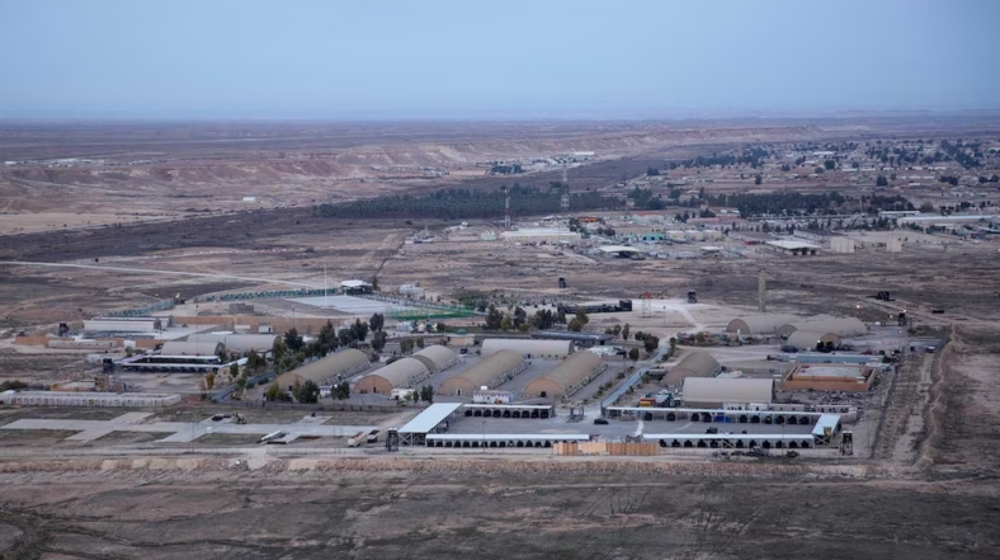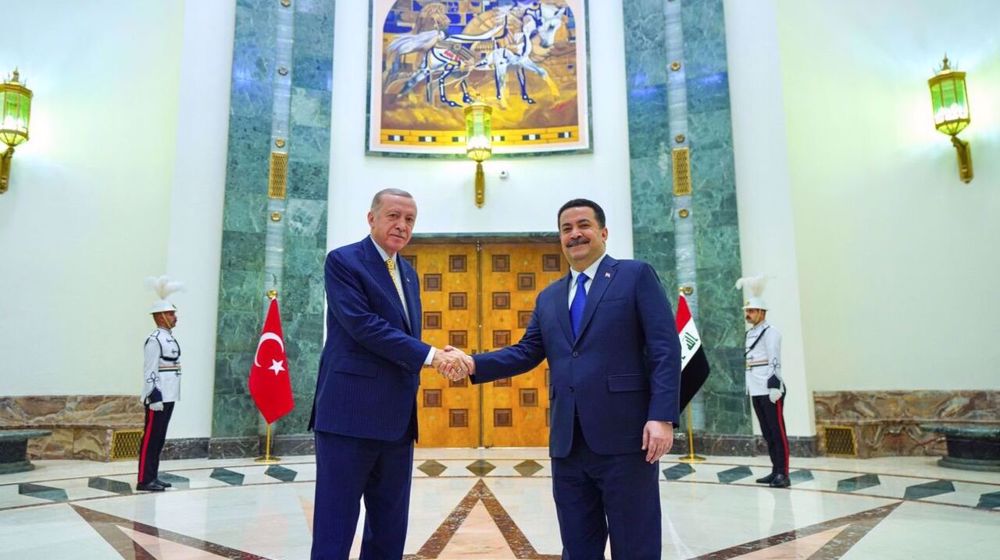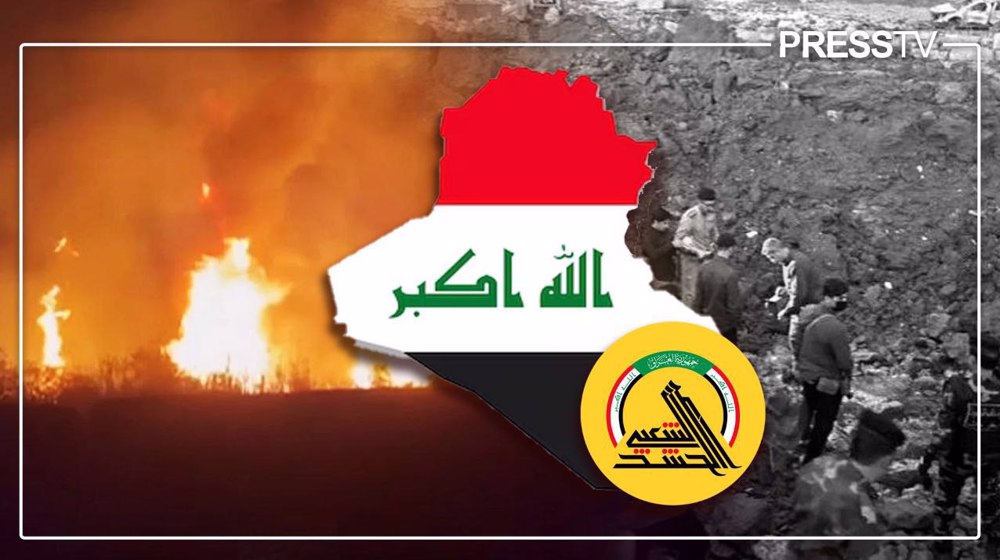Iraq's lawmakers approve three more cabinet ministers
Iraqi lawmakers have approved three new ministers but the post of education minister remains vacant, several months after Prime Minister Adel Abdul-Mahdi was appointed to lead the country.
The parliament gave its backing to the premier’s picks to head the defense, interior and justice ministries.
Lawmakers said that Najah al-Shammari, Yaseen al-Yasiri and Faruq Ameen were respectively confirmed in those posts.
Safana al-Hamdani was the nominee for minister of education and the only women to be put forward so far for a ministerial post. She was rejected.
"Most lawmakers were not satisfied that (she)... is fit for the job," said legislator Abbas al-Zamili of Badr Organization.
Parliamentary sources say he would put forward another nominee as education minister for parliament to vote on Thursday.
President Barham Saleh handed Abdul-Mahdi, a veteran of Iraqi politics and an economist by training the task of forming a new government last year following a hard-fought vote. He was regarded as sufficiently independent to be able to assemble a government despite fractures in the ruling elites.
Iraqi protesters have been calling on Abdul-Mahdi to finish making up his government.
Abdul-Mahdi faces the daunting task of rebuilding much of the country after a devastating war against the Daesh Takfiri terrorist group, as well as solving acute economic problems and power and water shortages.
In October last year, the premier detailed his agenda for the next four years in a 122-page document, which listed plans for developing the war-torn country, settling differences with the Kurdistan Regional Government, boosting the economy and reducing poverty.
Millions of Iraqis voted on May 12 in their first parliamentary election since the defeat of the Daesh Takfiri terrorist group, but a contentious recount process delayed the announcement of final results until August.
Muqtada al-Sadr's bloc Sairoon came first in the polls, while the Fatah Alliance led by Hadi al-Amiri, and Haider al-Abadi's Nasr Alliance finished second and third respectively.
The Iraqi politics has long been vulnerable to the differences lying along the country’s major ethnic and sectarian fault lines.
Under a de facto power-sharing agreement, the presidency of Iraq is traditionally held by a Kurdish politician, the prime minister is a Shia, while the parliament speaker is a Sunni.
VIDEO | Palestinians inspect rubble of destroyed building in Rafah
Yemeni forces strike US, Israeli vessels in fresh pro-Palestinian operations
‘Say no to Biden’: US college being pressed not to endorse genocide
VIDEO | UN: Alarming food insecurity crisis grips Afghanistan
VIDEO | Stuck in quagmire
UK suspends legal assessments of Israeli violations in Gaza
Students protest at US universities to urge end in financial ties to Israel
Biden signs war aid bill supplying Israel, Ukraine with more weapons










 This makes it easy to access the Press TV website
This makes it easy to access the Press TV website